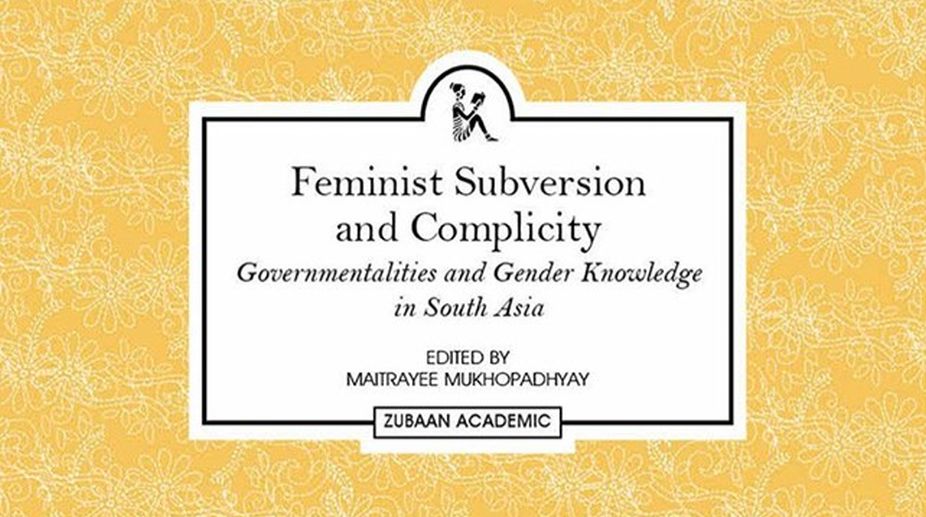Diksha Dwivedi offers her insights on feminism and the pursuit of gender equality
Diksha Dwivedi, Author & founder of YOSO Media, opens up about her perspective on feminism, defining it as gender equality and equal opportunity.

(Photo: Facebook)
Zubaan, an independent publishing house, recently launched a book the Oxford Bookstore in Park Street. The book entitled Feminist Subversion and Complicity: Governmentalities and Gender Knowledge in South Asia is a collection of essays by feminist activist-scholars from Bangladesh, Nepal, Pakistan, Sri Lanka and India.
These women come from very different institutions and have experienced a variety of encounters that are scrutinised in the book edited by Maitrayee Mukhopadhyay. Jashodhara Dasgupta, former CEO of Sahayog, an organisation that aims at uplifting the status of the socially marginalised groups, was the moderator for the evening.
Advertisement
She introduced the three speakers, Maitrayee Mukhopadhyay, the founder of the gender and development team at the Royal Tropical Institute in Amsterdam; Dolores Chew, professor of history and creative arts at Concordia University in Montreal, and Paromita Chakravarti, professor of English Literature at Jadavpur University. Together they officially unveiled the book. Despite the rain, many activists came to take part in the interesting discussion on the specific form of feminist practice that seemed paradoxical.
Advertisement
While discussing the framework of the book, the editor stressed on the state of affairs in the ‘90s that were conducive to several movements at the international level where women emerged to be a central subject. World development and placing gender equality within its paradigm was the aim of activists around the world.
The book gives us feminist perspectives on projects by the government relating to health, education and legal reform. Not only does feminist politics form a part of governmentalities in modern times, it also serves as a subversive interruption contesting orthodox patriarchal assumptions.
The other speakers shared their views on the book which they believe records feelings of feminists globally giving rise to solidarity among them. The book also traces the complex relationship between feminism and the state taking into account culturally, politically and historically diverse backdrops.
The powerful introduction by Maitrayee Mukhopadhyay explains the variables of the title. Essays by Dipta Bhog, Jashodhara Dasgupta, Chulani Kodikara and Sohela Nazneen comprise the first part of the book dealing with the ideal and reality of governmentalities. The second part shifts the focus to the changing role of women’s movements with essays by J Devika, Firdous Azim, Kausar S. Khan and Rita Thapa. The book is a product of years of experience and gives food for thought.
(Ex-Calcutta Girls, School)
Advertisement